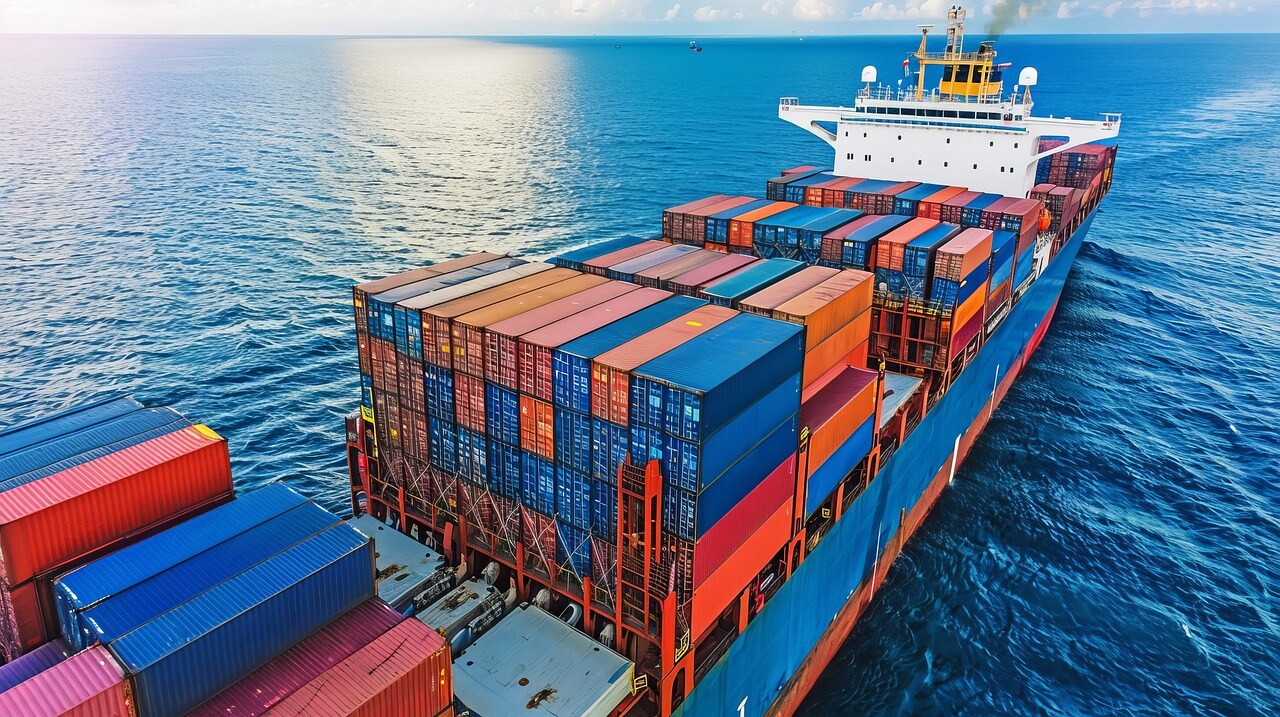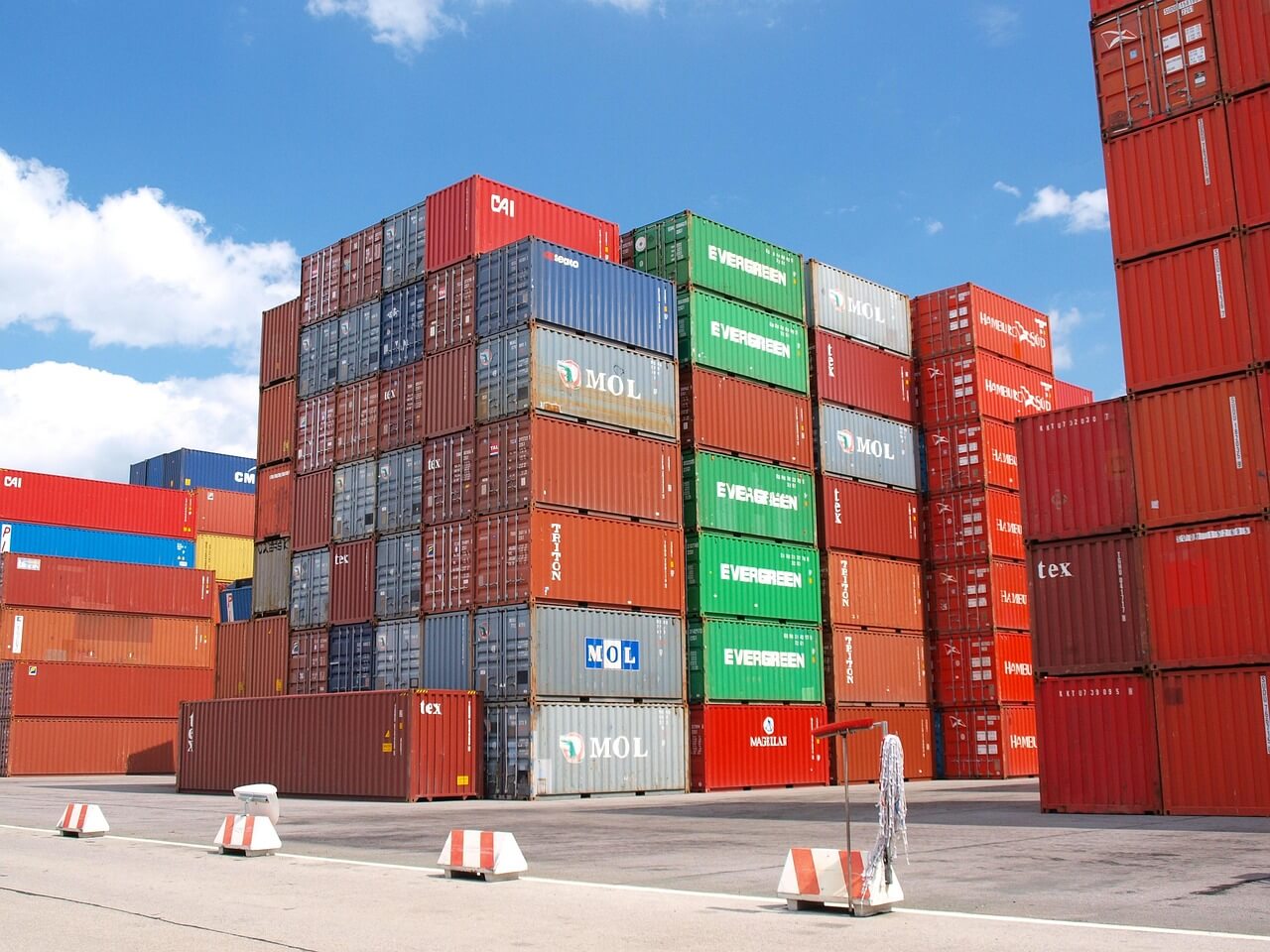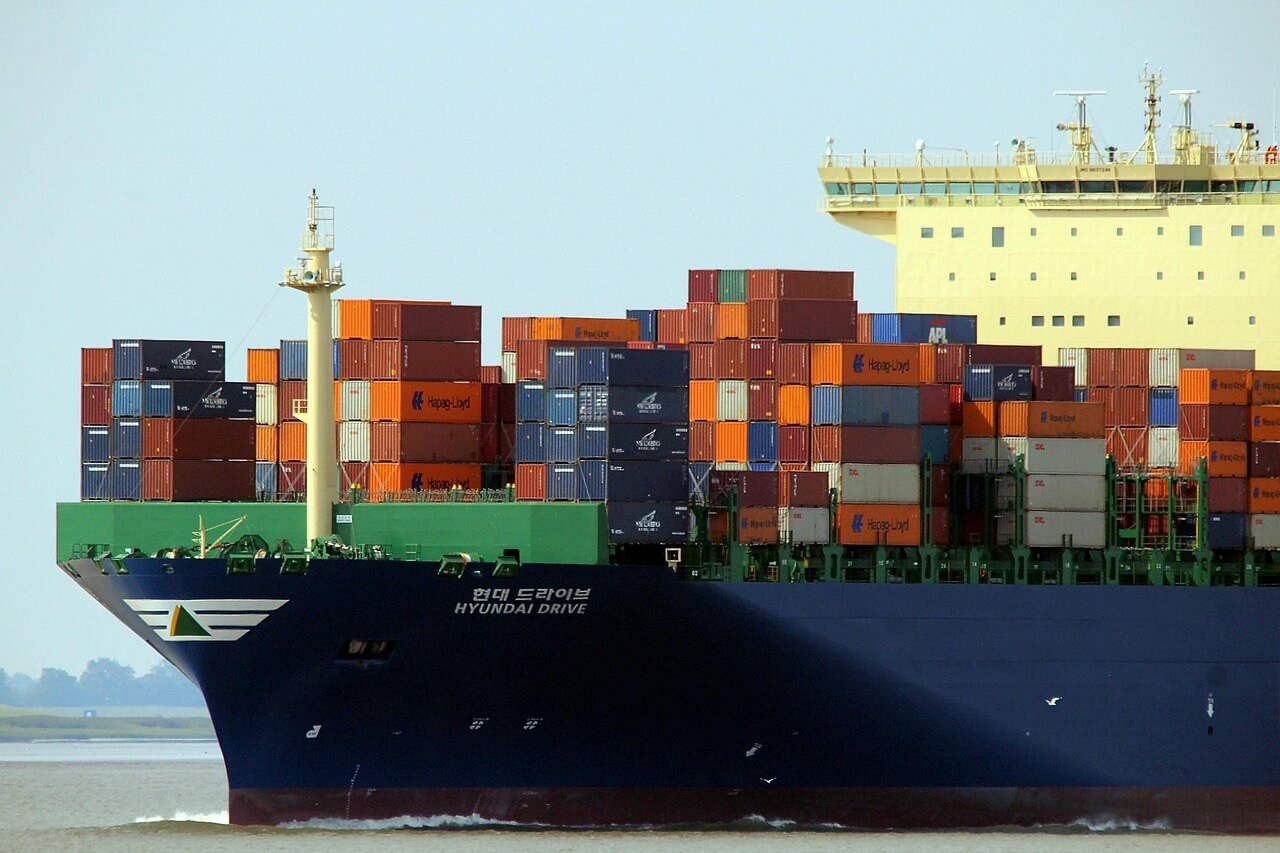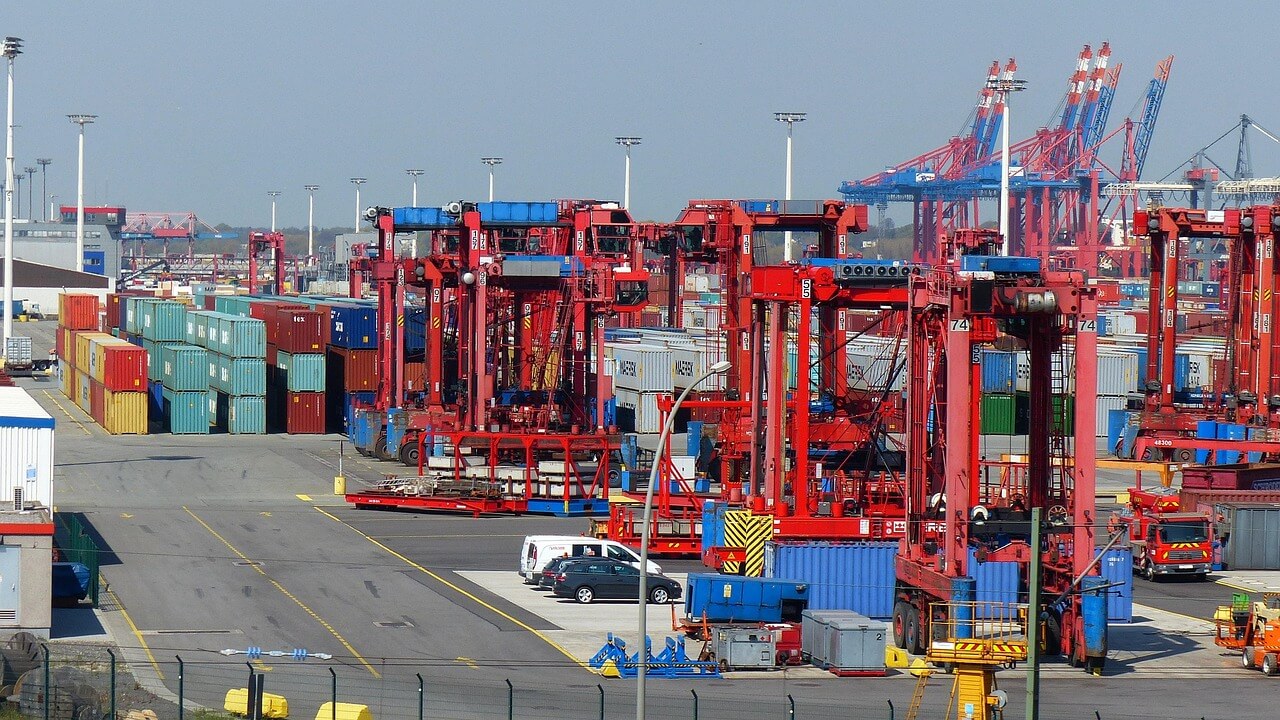
28
Apr
Tanzania Freight Forwarding Import and Export, Prices and Market Trends
**Freight Forwarding in Tanzania: Prices and Market Conditions**
**Introduction**:
The role of freight forwarders in Tanzania's import and export sector is pivotal. With the growth of international trade, the demand for efficient logistics and transport services has increased substantially. This article outlines the current market conditions, pricing strategies, and key trends shaping the freight forwarding industry in Tanzania.
**Market Overview**:
Tanzania is situated at the crossroads of the East African region, facilitating landlocked trade with neighboring countries like Kenya, Uganda, and Zambia. Its strategic location, coupled with the development of infrastructure like roads and ports, has transformed Tanzania into a significant trade hub. The freight forwarding industry in Tanzania is growing rapidly, driven by global trade trends and local market demands.
**Freight Forwarding Services**:
Freight forwarders in Tanzania offer a range of services including customs clearance, transportation management, warehousing, and distribution. With complex trade regulations and procedures, freight forwarders play a crucial role in ensuring smooth import and export operations. They are also involved in project logistics, handling bulk shipments and ensuring timely delivery of goods to international destinations.
**Pricing Structure**:
The cost of freight forwarding services in Tanzania is typically determined by several factors such as the distance covered, type of cargo, mode of transport (air, sea, or land), and additional services provided. Market competition has led to several pricing strategies being adopted by freight forwarders. However, the overall cost may also be influenced by market conditions like fuel prices, currency fluctuations, and government policies.
**Market Conditions**:
The freight forwarding industry in Tanzania is currently experiencing rapid growth due to increasing global trade, especially with China and India. The development of infrastructure like the Standard Gauge Railway has further enhanced connectivity and reduced transportation costs. However, market conditions are also affected by global economic factors like trade wars, changes in demand patterns, and supply chain disruptions.
**Trends and Future Outlook**:
Looking ahead, the freight forwarding industry in Tanzania is expected to continue growing due to ongoing infrastructure development in the region. Digitalization and technology are also revolutionizing the industry, with freight forwarders adopting new technologies like blockchains and artificial intelligence to enhance efficiency and reduce costs. The future also holds potential for further integration with regional trade agreements and increased connectivity with other trade corridors.
**Conclusion**:
In conclusion, the freight forwarding industry in Tanzania is poised for growth driven by global trade trends and local market demands. As an integral part of the import and export sector, freight forwarders play a crucial role in ensuring smooth operations and contributing to the overall growth of the economy. Understanding pricing strategies and market conditions is essential for businesses looking to capitalize on the opportunities offered by this thriving industry.
**Introduction**:
The role of freight forwarders in Tanzania's import and export sector is pivotal. With the growth of international trade, the demand for efficient logistics and transport services has increased substantially. This article outlines the current market conditions, pricing strategies, and key trends shaping the freight forwarding industry in Tanzania.
**Market Overview**:
Tanzania is situated at the crossroads of the East African region, facilitating landlocked trade with neighboring countries like Kenya, Uganda, and Zambia. Its strategic location, coupled with the development of infrastructure like roads and ports, has transformed Tanzania into a significant trade hub. The freight forwarding industry in Tanzania is growing rapidly, driven by global trade trends and local market demands.
**Freight Forwarding Services**:
Freight forwarders in Tanzania offer a range of services including customs clearance, transportation management, warehousing, and distribution. With complex trade regulations and procedures, freight forwarders play a crucial role in ensuring smooth import and export operations. They are also involved in project logistics, handling bulk shipments and ensuring timely delivery of goods to international destinations.
**Pricing Structure**:
The cost of freight forwarding services in Tanzania is typically determined by several factors such as the distance covered, type of cargo, mode of transport (air, sea, or land), and additional services provided. Market competition has led to several pricing strategies being adopted by freight forwarders. However, the overall cost may also be influenced by market conditions like fuel prices, currency fluctuations, and government policies.
**Market Conditions**:
The freight forwarding industry in Tanzania is currently experiencing rapid growth due to increasing global trade, especially with China and India. The development of infrastructure like the Standard Gauge Railway has further enhanced connectivity and reduced transportation costs. However, market conditions are also affected by global economic factors like trade wars, changes in demand patterns, and supply chain disruptions.
**Trends and Future Outlook**:
Looking ahead, the freight forwarding industry in Tanzania is expected to continue growing due to ongoing infrastructure development in the region. Digitalization and technology are also revolutionizing the industry, with freight forwarders adopting new technologies like blockchains and artificial intelligence to enhance efficiency and reduce costs. The future also holds potential for further integration with regional trade agreements and increased connectivity with other trade corridors.
**Conclusion**:
In conclusion, the freight forwarding industry in Tanzania is poised for growth driven by global trade trends and local market demands. As an integral part of the import and export sector, freight forwarders play a crucial role in ensuring smooth operations and contributing to the overall growth of the economy. Understanding pricing strategies and market conditions is essential for businesses looking to capitalize on the opportunities offered by this thriving industry.
LEAVE YOUR COMMENT
categories
recentpost
-
 How can freight forwarders achieve efficient logistics and shipping from China to Tanzania?Apr 30,2025
How can freight forwarders achieve efficient logistics and shipping from China to Tanzania?Apr 30,2025 -
 What are the guarantee measures for transportation and transaction services from China to the UnitedApr 30,2025
What are the guarantee measures for transportation and transaction services from China to the UnitedApr 30,2025 -
 How is the international freight delivery service for transporting goods to Saudi Arabia?Apr 30,2025
How is the international freight delivery service for transporting goods to Saudi Arabia?Apr 30,2025 -
 What is the delivery time for international freight from China to Kenya?Apr 30,2025
What is the delivery time for international freight from China to Kenya?Apr 30,2025 -
 What is the customs clearance process for global land transportation from China to the United Arab EApr 30,2025
What is the customs clearance process for global land transportation from China to the United Arab EApr 30,2025 -
 Shipping Guide from China to Qatar: How to Calculate LCL Shipping Cost?Apr 30,2025
Shipping Guide from China to Qatar: How to Calculate LCL Shipping Cost?Apr 30,2025

